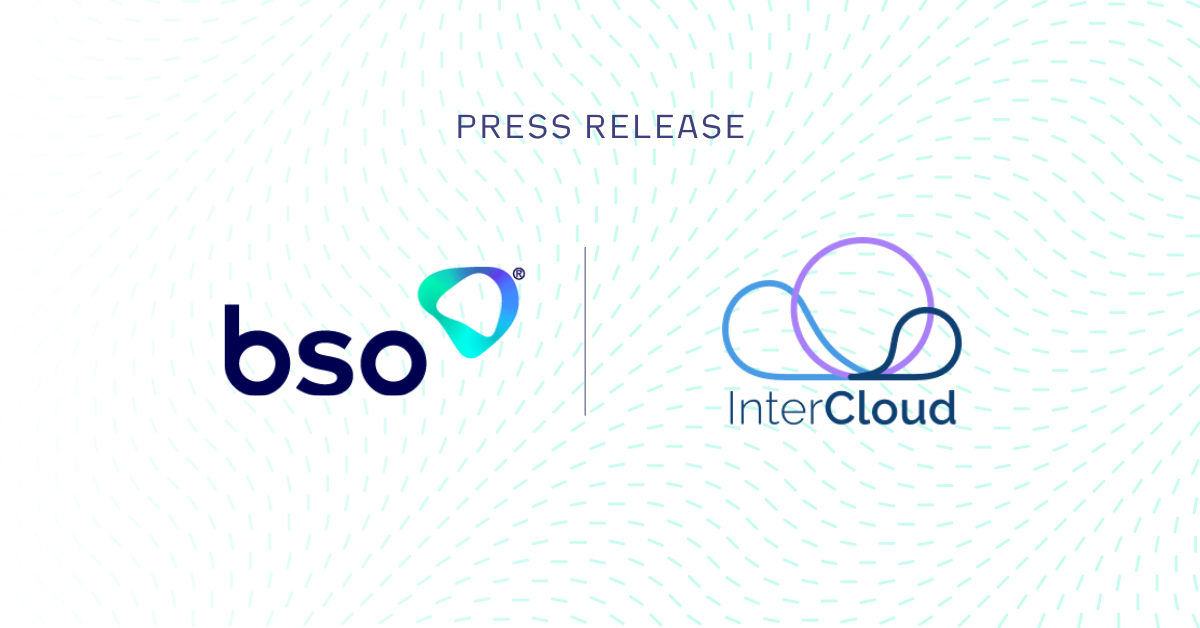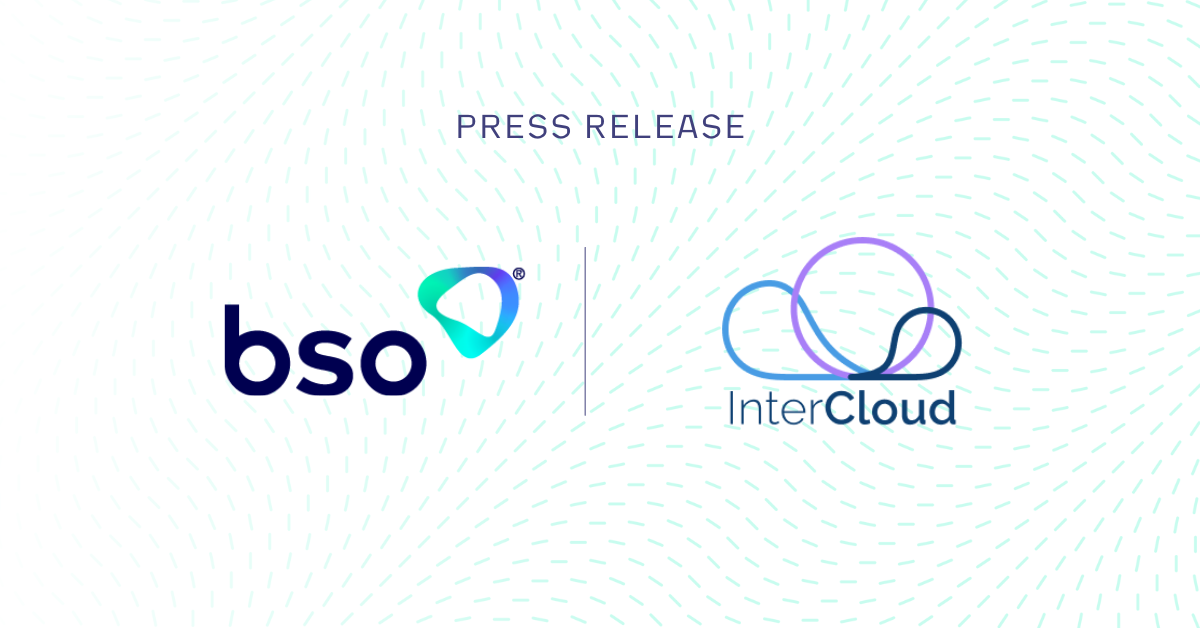
Today, the institutional adoption of cryptocurrencies and digital assets is still nascent. The majority of cryptocurrency trading around the world is still conducted by retail traders or bitcoin whales, on dedicated crypto exchanges hosted in the public cloud and on-premises. Financial institutions demand more complex features, high availability and low latency for their mission-critical applications. Institutional adoption has been moderate due to uncertainty around regulation, high volatility and association with fraud.
The rise of new crypto-based financial instruments
This situation is slowly changing, particularly as the industry is seeing the launch of more sophisticated crypto-based financial instruments (such as various types of derivatives, some of which are traded on established financial exchanges such as CME and ICE). This is at the same time both a blessing and a curse. Derivatives do indeed attract more institutional interest, but on the other hand, the crypto market is still a relatively small and fragile ecosystem, and as such is susceptible to the risk of highly leveraged, complex financial instruments.
The developing crypto-trading infrastructure
From an institutional perspective, liquidity is the top reason for choosing a particular cryptocurrency trading venue, according to research from Acuiti. In order to attract more liquidity, cryptocurrency exchanges need to provide institutional firms with secure, reliable and performant platforms so that they can access their venues without relying on the public internet.
In light of this, to gain more institutional flow, a growing number of cryptocurrency exchanges are now locating their matching engines in co-located environments in established financial data centres (e.g. Equinix’s LD4 & NY5). Not only does this approach give institutions secure, reliable and easy access to both the crypto exchanges and existing electronic trading venues in the same location, it also provides the level of deterministic performance that attracts brokers and proprietary trading firms – including the HFTs (high-frequency traders) – – that can dramatically increase liquidity and volume).
BSO is uniquely equipped to support the entry of institutional players into the crypto trading market by providing high-performance connectivity infrastructure. With our truly global network, we can provide low latency connectivity to the public cloud providers that host the major crypto exchanges in particular AWS, Azure, Google, Oracle and Alibaba, in addition to the traditional financial data centres.
BSO is hosting a webinar on the 3rd of December at 12:30 pm UK GMT entitled “How will technology impact Cryptocurrency trading?”.
To register to click here.
ABOUT BSO
The company was founded in 2004 and serves the world’s largest financial institutions. BSO is a global pioneering infrastructure and connectivity provider, helping over 600 data-intensive businesses across diverse markets, including financial services, technology, energy, e-commerce, media and others. BSO owns and provides mission-critical infrastructure, including network connectivity, cloud solutions, managed services and hosting, that are specific and dedicated to each customer served.
The company’s network comprises 240+ PoPs across 33 markets, 50+ cloud on-ramps, is integrated with all major public cloud providers and connects to 75+ on-net internet exchanges and 30+ stock exchanges. The team of experts works closely with customers in order to create solutions that meet the detailed and specific needs of their business, providing the latency, resilience and security they need regardless of location.
BSO is headquartered in Ireland, and has 11 offices across the globe, including London, New York, Paris, Dubai, Hong Kong and Singapore. Access our website and find out more information: www.bso.co
SALES ENQUIRY
Get in touch now. Find out how we can transform your business_
You might be interested in_
THE BSO DIFFERENCE
The industries we work across_





/Revolutionising-Connectivity%20BSOs-Tailored-Cloud-Solution-for-CryptoStruct-GmbH.png?width=1050&height=550&name=Revolutionising-Connectivity%20BSOs-Tailored-Cloud-Solution-for-CryptoStruct-GmbH.png)
/6%20Cloud%20Best%20Practices%20for%20Financial%20Technology%20Companies.jpg?width=1200&height=600&name=6%20Cloud%20Best%20Practices%20for%20Financial%20Technology%20Companies.jpg)









